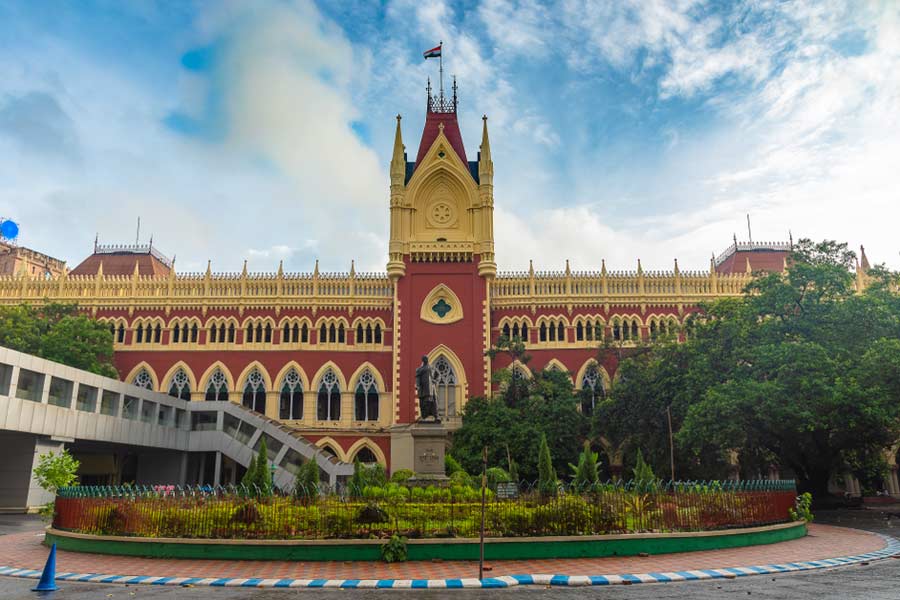The Bengal government has been barred from selling, leasing or mortgaging any of its immovable properties within the limits of the Calcutta Municipal Corporation till February 28, 2025 in an arbitration case linked to unpaid incentives to Haldia Petrochemicals Ltd.
A single bench of the Calcutta High Court passed the order on Friday injuncting the state and West Bengal Industrial Development Corporation, a state entity which has also been barred from transferring, alienating, encumbering and selling its office on Camac Street in Calcutta.
The development took place when Essex Development Investments (Mauritius) Ltd, a company that is part of The Chatterjee Group and a promoter of HPL, filed a petition to execute a part of the arbitral award claiming ₹2,171.87 crore payable to HPL and ₹6.55 crore to Essex as reimbursement of legal cost for arbitral proceedings.
Delivering the order, Justice Shampa Sarkar also directed the principal officers of each of the award-debtors to file their affidavits of assets within two weeks from date.
The unanimous arbitral award was passed on September 18, 2023 allowing the claims raised by Essex and directed the Bengal government and WBIDC to continue to pay financial incentives to HPL adding up to ₹3,285.47 crore. The Calcutta HC had earlier declined to give an unconditional stay on the arbitral award. Earlier this month, the Supreme Court also refused to interfere in the matter.
“The prayer for unconditional stay of the award made by the award-debtor was rejected. The plea that the award was vitiated by fraud and corruption, was not accepted. Direction was issued upon the award-debtors to secure 50 per cent of the award in cash by transmitting the funds directly to the account of the Registrar, Original Side, High Court at Calcutta and the remaining 50 per cent was directed to be secured by furnishing a bank guarantee. This order was challenged by the award-debtors before the Hon’ble Apex Court, but the special leave petition was dismissed,” Justice Sarkar observed in the order.
She went on to add, “Under such circumstances, this court is of the view that the order passed by the learned coordinate bench has attained finality. As the award-debtors have not secured the amount as yet, this court does not find any reason to stall the execution proceeding.”
Essex was represented by Ratnanko Banerji, Arunabha Deb, Deepan Sarkar and Ashika Daga while the state and WBIDC were represented by advocate-general Kishore Datta and Siddharth Sethi, among others.
Tax trouble
The dispute stems from a tripartite agreement among HPL promoter TCG, HPL and WBIDC which stated, among others, that HPL would be able to avail 75 per cent of its unutilised incentives amounting to ₹3,285 crore over a period of 19 years starting from January 1, 2016. The incentive would still be payable even if GST is rolled out.
Before the GST rollout, HPL collected Value Added Tax (VAT) from the sale of its products but did not deposit the levy to the state, adjusting the unutilised incentives. After GST came to force, HPL collected the GST, which replaced VAT, and deposited it with authorities, expecting the tax being accrued to the state (SGST) to be reimbursed. However, the company did not receive reimbursement from the state government.











